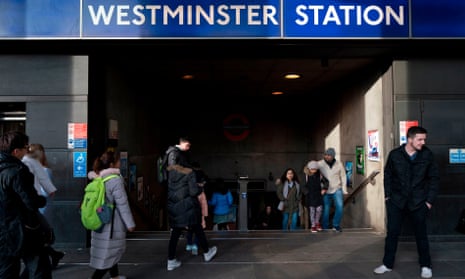It has been revealed that the homeless man who died in Westminster, near where politicians walk every day, used to do some modelling.
To an extent – so what? Yes, it’s an indictment of modern Britain that this man could die so close to power. And, of course, it’s vital that homeless people are humanised. Perhaps it’s good to mention the modelling, thereby proving that, once, this person had dreams, potential, just like anyone else.
However, it doesn’t make his end any sadder than that of the next person who dies on the streets. This past week, I was looking again at the BBC3 Girls Sleeping Rough documentaries about homeless people in Brighton and it emerged that many people who came through the care system ended up on the streets. Many went from one tricky situation to another, with barely a moment to catch their breath or have any kind of aspirations, even doomed or failed ones.
The distinct lack of “former models” didn’t make their situation look any less appalling. Surely the point was not that this poor man was once a model, but that, like all other homeless people, he was a human being.

